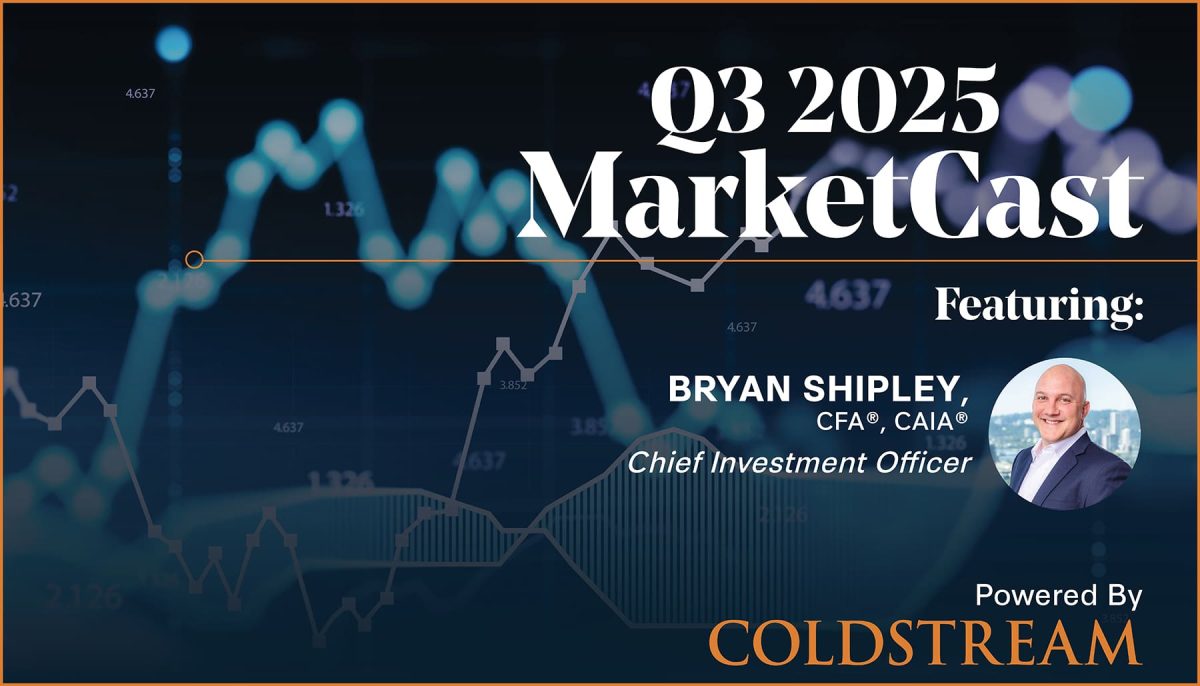
Insights
July 17, 2012
Choppy Waters
In Market Commentary
After a strong first quarter of the year, market sentiment in the second quarter eroded amid a variety of macro factors. These factors included the impact of the fiscal cliff facing the US economy heading into 2013, the turmoil from the European financial crisis, economic headwinds of stagnant earnings growth in the US and a slowing in emerging markets, particularly China. While any one of these disruptions may not have derailed the market, combined they created an environment in which capital moved out of risk assets to safer but low yielding credit instruments.
The performance of various asset classes in the first quarter, second quarter and for the first half of the year were as follows. Despite a very choppy second quarter, most US indices are positive for the first six months of the year.
In reaction to the volatility in the markets, assets moved to the safe haven of US Treasuries causing yield to fall. The ten year Treasury yield was 1.66% at the end of the second quarter, down 0.56% from the end of the first quarter and 0.21% lower than at the start of the year. The 30 year Treasury, with a yield of 2.77% at the end of June, declined 58 basis points from the March 31st yield.
The outlook for US earnings is clouded by the $560 billion fiscal cliff facing the US economy as both fiscal and monetary stimulus is withdrawn and new taxes take effect. Operation Twist, the Federal Reserve’s third round of monetary stimulus that was designed to keep long term interest rates low will expire at the end of the year. As well the payroll tax relief and the Bush era tax cuts are set to expire on December 31st unless there is some last minute resolution after the elections. The mandatory sequestered spending cuts to both social programs and military spending (negotiated as part of the budget ceiling debate in 2010 and the failure of the Super Committee to agree on additional cuts) will take effect and tax increases for high income earners to pay for the Obama health care act begin. The market is a discounting mechanism; any one of these programs will impact company earnings, and taken together could plunge our fragile economy into recession. Therefore, we expect stock prices to remain weak until we are able to work through the impact of these fiscal and monetary demons. We have to address the imbalance between tax receipts and spending that has brought us to this point.
The news is not any better for Europe as we believe the disconnect between their monetary and fiscal policy will continue for some time. The European Central bank balance sheet has expanded to provide liquidity to cash strapped countries and institutions. We do not believe that the grand experiment with the Euro will fall apart, but we do not see an easy solution to the long term structural problems facing that region.
So where does this leave us looking out to the rest of the year and beyond? There are very real economic and macro issues that will impact the economy and markets in the short term, which suggests one policy prescription, while looking longer term, valuations suggest a different prescription.
Near term, we recommend maintaining a defensive posture, including short to intermediate high quality bonds, and high quality dividend paying stocks. Because of the fragile state of the US economy, the Federal Reserve has indicated that it will keep short term interest rates low through 2014, and the European Central Bank is similarly providing liquidity, so we do not see significant risk to high quality fixed income in the near term. Large dividend paying stocks have huge reserves of undistributed corporate profits and strong balance sheets, which should allow them to weather the next several quarters while still paying dividends, in most cases higher than the yield on the ten year Treasury.
Longer term, we think equities that have consistent and predictable earnings are compelling; valuations are cheap, there is plenty of liquidity to allow companies to expand, and credit markets are overvalued. At some point in the next two to three years, interest rates may start to increase, due either to economic expansion or liquidity driven inflation, or both. When that happens, investors who have camped out in bond funds will start to lose principal and we believe that the flood of money that has exited equities and equity mutual funds will reverse, providing the underpinning to the next bull market.
Re-reading the last several quarters’ Guardian issues, the one word that describes the markets is the word “fluid.” We pay attention to the markets, study trends, try to find rhymes with similar periods and make projections about return assumptions and asset allocation, only to find that a macro issue or a shot from our blindside changes the playing field and therefore our assumptions about the future. It can be difficult to make work within the fluidity of the markets, to time the market, to optimally structure portfolios, but we try to be nimble, and hope our calls ring true. Please feel free to contact you Coldstream Relationship Manager should you have any questions.
Elaine Heller, CFA®
Partner
Insights Tags
Related Articles

July 11, 2025
The Return of Diversification


July 10, 2025
Watch Coldstream’s MarketCast for Third Quarter 2025


June 24, 2025
Managing Increased Uncertainty in the Middle East


